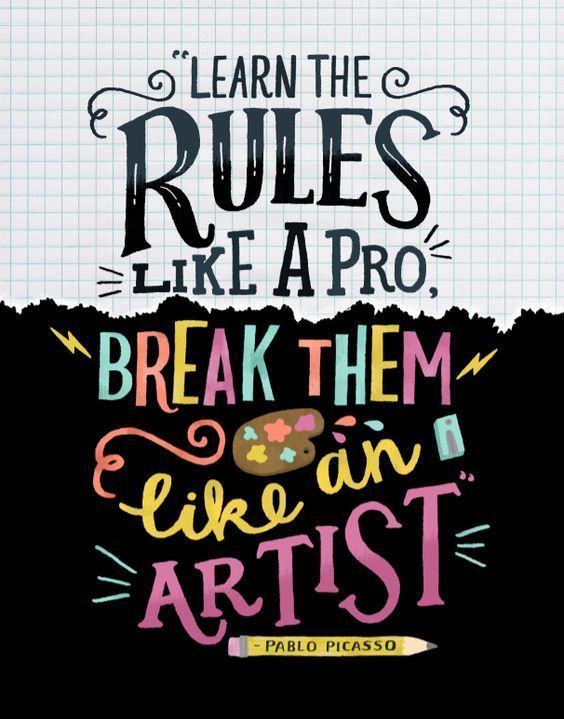While I’ve been teaching some of my students and even hanging with other musos, I’ve ended up with the impression that music theory is an unwanted visitor in an otherwise enjoyable past-time. But all of these people want to improve and learn more about music. To me it seems like this a contradiction. So it occurred to me that the term ‘Music Theory’ conjures up images of long boring music lessons at school that seem detached from making music and huge books with antiquated rules and exercises. More like an Old Uncle who preaches at you about what’s wrong with your generation rather than a friend you want hang out with and help you make better music.
When you think of your friends, you probably think of your common interests, their personalities as well as what they add to the group and what activities you can do together. In short, you share a mutual respect for each other. However, when you think of music theory, it may be a combination of seemingly pedantic distinctions and a hard slog through book after book, learning useless rules that don’t appear to have any relation to what you do. You often don’t know the ins and outs and details of your friends lives (what time they go to bed, what brand of toothpaste they use) except for a select few – your bestie, your BFF.
In reality, you use theory all the time but may discount it as simple knowledge. Knowing the notes on your instrument is theory but essential to playing and all other theory.

A common thing I hear from students is that they want to follow the idealistic trail and be an all rounder in all areas of theory. While noble, it is probably better to be pragmatic about it and just learn what you are interested in. You are unlikely to be able to sustain the hours of reading and application to your instrument required to become proficient in all aspects of theory this year. Instead, find an area you’d like to know about, for example, notes on your instrument.
This is something most instrumentalists need more of. If you can’t name any note instantly you have room for improvement. Start with one you know and move chromatically, the practical is playing the notes and theory is accidentals, the naming of them including the enharmonic equivalent. Even just the distinction between ascending naming of notes and sharps and descending naming and flats is theory you can explore.
If that paragraph bored you and you skimmed it then feel free to stop there. This topic is not going to be your best friend. If this is something that made you grab your instrument then it is worth meeting and having a coffee with this part of theory. You may find getting deeper into it will lead you to scales Circle of Fourths (and Fifths) and a whole bunch of related theory.
I believe that the only theory you need to know is one you can use in your playing. There’s not much point exploring just intonation and the harmonic series if you play accordian. As it’s a fixed pitch instrument incapable of playing the ancient system of pitches and more suited to the modern system of equal temperament that allows us to play in any key and modulate to produce music that wasn’t possible a thousand years ago.
You may prefer to know more about song forms, that is the order of verses, choruses, prechoruses, bridge, intro, outro, links/turnarounds, and the six common forms. Read part 1 of the three part blog series:
Or possibly voiceleading for how to build melodies that work. Or how rhythmic groupings work. Or chord construction. 🙂
A good teacher can introduce you to theories you’ll need to better play your instrument and recognize which topics might make for a lasting friendship, but the exploration and getting to know more about the subject can be done with just you a book or the internet and a respect for an interesting topic.

The Author
Sonic Edwards
Sonic is the author of two very dry books on Scale Fingerings for Bass Guitar.
He is also an in demand session musician and educator.

